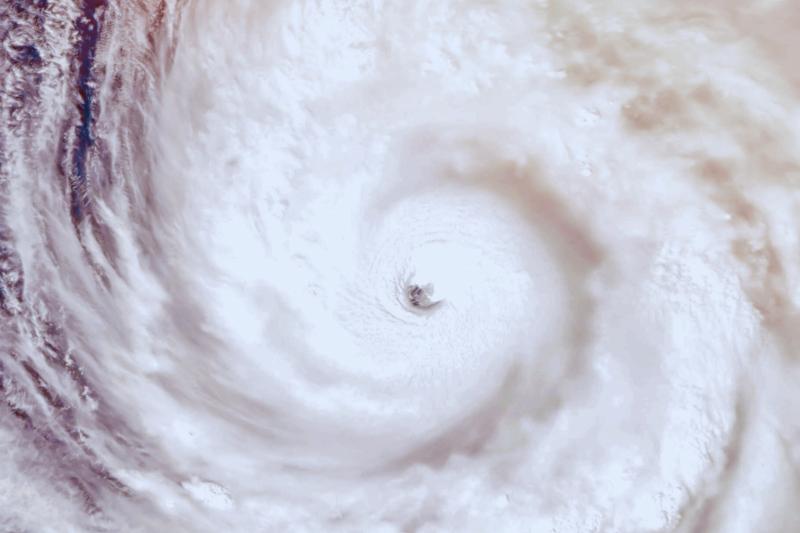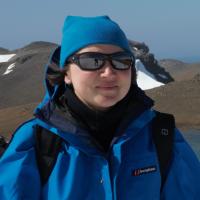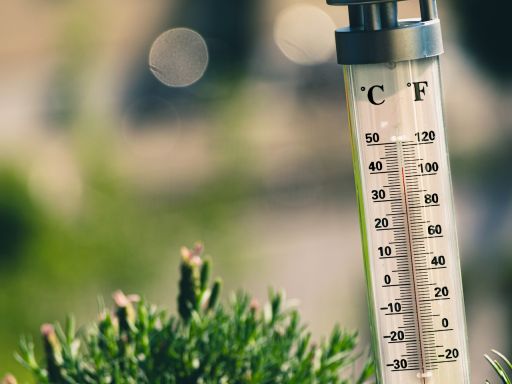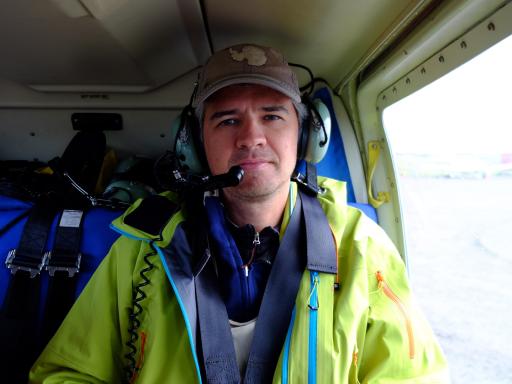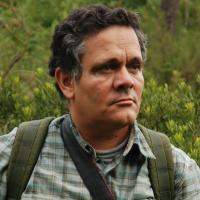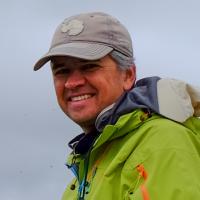ZEPHYRUS
Climate Change and Environmental Systems
The research focuses on three fundamental areas:
- Climatology – with a special focus on Urban Climatology, Climate History, Climate Risks and Responses, Bioclimatology, and Climate Applied to Tourism, Nautical Sports, Wind Resources, and Agriculture. In collaboration with some local planning technicians, climate and environmental guidelines are developed to assist policymakers in various municipalities.
- Biogeography – focusing on the study of the influence and impacts of environmental changes on plant communities, sea-level rise and impacts on coastal ecosystems, changes in land use and land cover on vegetation distribution and preservation, and physical and human processes and landscape dynamics.
- Polar and Mountain Environments – focusing on environmental dynamics in polar regions (especially the Antarctic Peninsula) and high mountains and their connection with the Global Climate System: main topics include mapping, monitoring, and modeling permafrost and active layer, monitoring geomorphological dynamics of cold environments, remote sensing of polar snow and vegetation, and paleoenvironmental reconstruction of cold environments. The team participates in the Global Terrestrial Network for Permafrost (GTN-P-IPA/WMO), the SCAR/IPA Expert Group on Permafrost, Soils, and Periglacial Environments, and coordinates the Portuguese Polar Program (PROPOLAR) together with CCMAR, IMAR, IST, and CIIMAR.
The ZEPHYRUS Research Group consists of integrated researchers, including PhD holders, and a very dynamic group of PhD and master's students. Our research history is rich and diverse, focusing on various topics associated with climate change, its impacts on the territory, and measures for management, mitigation, and adaptation at various scales. Successful examples include our involvement in various municipal and intermunicipal plans for climate change adaptation, implementation and management of the UNESCO Estrela Global Geopark, the Natura2000 network, and national and European initiatives coordinating policies for polar sciences.
Objectives
Basic and applied research focuses on key topics in the three main research areas of the group and aims to promote competitiveness and interdisciplinarity in national and international scientific projects.
In the field of climatology, studies focus on the undesirable impacts of climate change (CC) and extreme weather events (climate risks) and aim to create solutions for land use planning, particularly those that involve assessing climatic potential in urban and peri-urban areas.
Geocryological work is dedicated to studying the impacts of climate change on permafrost and periglacial environments and the paleoenvironmental reconstruction of polar and high-mountain environments, especially in the West Antarctic Peninsula, the Arctic (Svalbard and Canada), Andes, and Atlas Mountains. Methodologies include spatial and temporal modeling of permafrost characteristics and remote sensing of the cryosphere.
Biogeography studies focus on the paleobiogeographical and paleoclimatic importance of isolated peat bogs in the Iberian Peninsula, identifying glacial refugia and post-glacial expansions and biodiversity. Studies also emphasize the dynamics of salt marshes in Sado, Alvor, and Portimão, and identifying areas with the highest microclimatic and hydrological suitability for the recovery of yew (Taxus baccata) populations in Portugal.
The research group manages some existing infrastructures and equipment in the field (mesoclimatic networks in cities and Antarctica) and uses cutting-edge technology (UAV) to obtain on-the-ground information. Its main methodology is observation and monitoring in urban, high mountain, and polar environments, using remote sensing techniques and data – optical, infrared, shortwave, and hyperspectral sensors – and spatial modeling of the environmental systems it studies.

